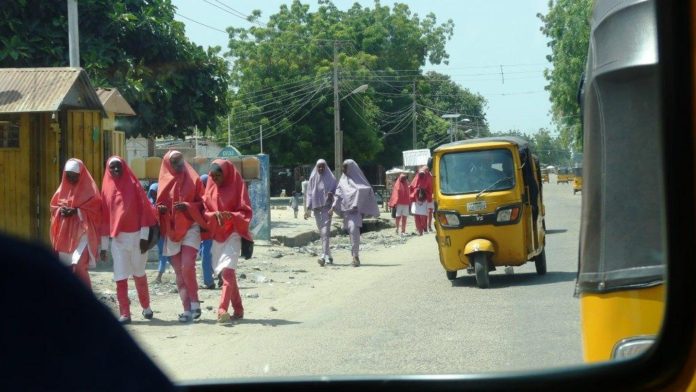
More than half of all schools in Borno state—the worst-hit by Boko Haram violence—are closed, as a new academic year begins, the United Nations Children’s Fund has warned.
Since the insurgency began in 2009, nearly 2,300 teachers have been killed.
Some 19,000 teachers are among millions of residents driven out of their homes.
More than 1,400 schools have been destroyed, majority of them unable to reoprn because of extensive damage or because they remain in unsafe areas.
UNICEF estimates three million children are in need of emergency education support.
“Children in northeast Nigeria are living through so much horror,” said Justin Forsyth, Deputy Executive Director of UNICEF at the end of a three-day visit to Maiduguri, the epicentre of the crisis in the northeast.
“In addition to devastating malnutrition, violence and an outbreak of cholera, the attacks on schools is in danger of creating a lost generation of children, threatening their and the countries future.”
Some children living in camps for the displaced in Borno state, however, are actually benefiting from education for the first time in their lives.
In the Muna Garage camp on the outskirts of Maiduguri, an estimated 90 per cent of students were enrolled in school for the first time.
In the three most-affected states of northeast Nigeria, UNICEF and partners have enrolled nearly 750,000 children in school this year, establishing over 350 temporary learning spaces, and distributing almost 94,000 packs of learning material that will help children to get an education.
To date, nearly 1 million children have been displaced by the crisis and 450,000 children under the age of five are expected to suffer from severe acute malnutrition this year.
The use of children as human bombs – close to 100 so far this year – has sown a climate of mistrust among communities in the northeast, and a cholera outbreak has affected more than 3900 people, including over 2450 children.
